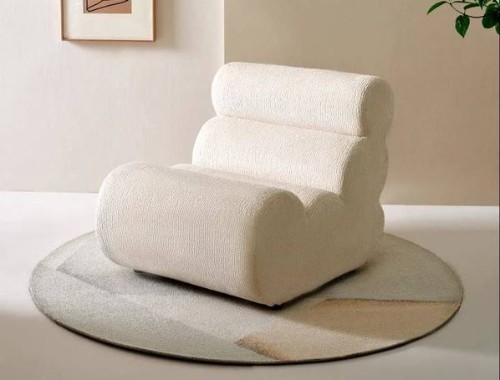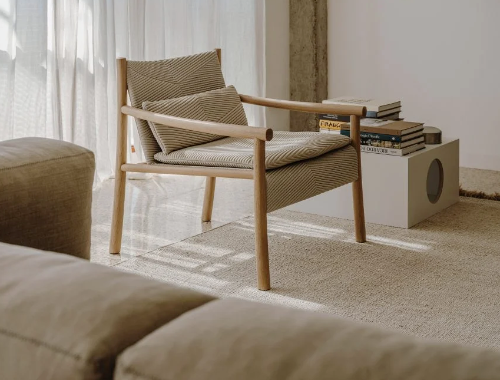ISPA encouraging reasonable mattress recycling measures
States around the country are considering mattress recycling laws that would be burdensome and costly for Ryan Trainer, president of the International Sleep Products Assn., urges conference attendees to contact their elected officials when asked to lobby
States around the country are considering mattress recycling laws that would be burdensome and costly for Ryan Trainer, president of the International Sleep Products Assn., urges conference attendees to contact their elected officials when asked to lobby for industry-supported recycling measures.mattress companies, International Sleep Products Assn. President Ryan Trainer said in an address at the Furniture/Today Bedding Conference here.
And that's why ISPA is fighting hard to help bedding companies control their own futures and to encourage passage of reasonable mattress recycling measures, he said.
Trainer said states are considering a number of recycling measures that would hurt bedding companies. Would your business be hurt, he asked, if you couldn't charge delivery or set up fees, had to use separate trucks to deliver new beds and pick up old ones, had to coordinate recycling with each manufacturer, and were fined $500 to $5,000 daily for violating a recycling law?
Such measures have been proposed, he said.
Cash-strapped states are pursuing extended producer responsibility measures, which they say are designed to increase recycling, conserve resources and protect the environment. But those measures would transfer traditional government costs onto the mattress industry, which some say has the resources to accept those costs, he said.
ISPA's approach to the recycling issue is to promote a program run by a nonprofit industry group that is funded by a small retail fee. The program would minimize government involvement, and the group would set practical goals to keep the program financially sustainable.
There are many benefits to that approach, according to Trainer. Among them: It creates a private sector solution that places the lowest financial burden on consumers, industry and the government; it doesn't burden retailers or manufacturers; it distributes financial responsibility uniformly; it demonstrates the industry's commitment to the environment; it lowers or eliminates retailers' disposal costs; it increases the volume of mattresses to be recycled; and it creates recycling jobs.
ISPA has focused its lobbying efforts on California, Trainer said, because it believes that what happens there could influence a number of states around the country.
An ISPA-supported bill in California was recently merged with another recycling measure, but the merged bill addresses ISPA's key concerns, calling for an industry-led nonprofit group to develop and implement the recycling program, shielding retailers and manufacturers from direct responsibility, and proposing no arbitrary recycling quotas. However, the legislation remains a work in progress and industry diligence is critical, he added.
Californians for Mattress Recycling, a group established by ISPA, is leading a public relations effort to support "mattress recycling done right."
Trainer said California isn't acting alone in proposing recycling legislation, and noted that Connecticut and Rhode Island, among other states, are also considering recycling bills. An unfavorable outcome on any recycling bill could affect future recycling bills.
(The week after Trainer made those comments, the Connecticut Senate passed a recycling measure that ISPA supported. The Connecticut House earlier passed that legislation, which as of last week was awaiting the governor's signature before it becomes law.)
Trainer urged conference attendees to contact their elected officials when asked to lobby for industry-supported measures. He asked them to "be ambassadors with the rest of the industry," and said they should be ISPA's "eyes and ears" by reporting local extended producer responsibility measures to ISPA.
"We need you to participate so that we can help control our futures," Trainer said.
-

Quanyou teamed up with the fashion brand ANNAKIKI to launch a new joint product!
-

Outer, an outdoor furniture brand founded by Chinese, enters the Australian market
-

National Bureau of Statistics: The retail sales of furniture in the first three quarters reached 120.5 billion, an increase of 20.7%
-

Enveloping lounge chairs and lightweight office chairs from Arper feature

 沪公网安备31010402003309号
沪公网安备31010402003309号



